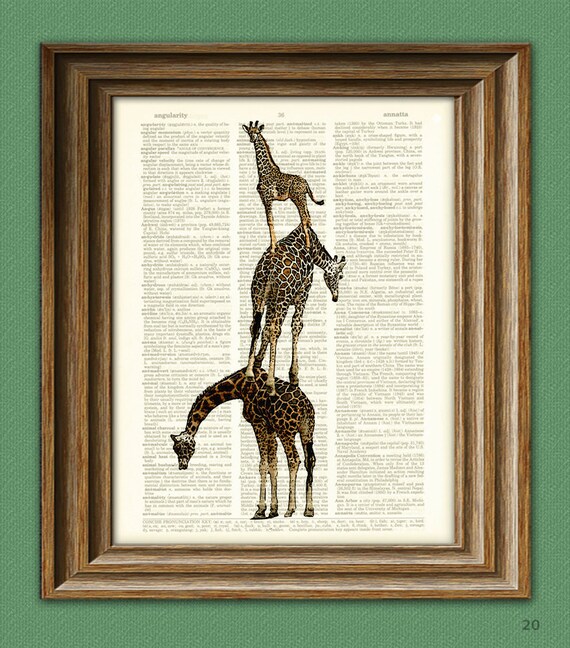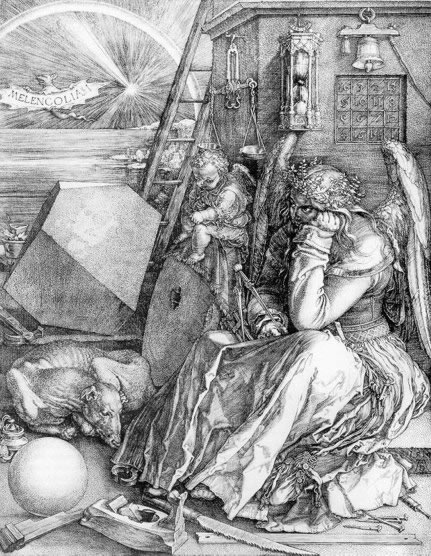One aught not despair. One aught to regard all inconveniences as adventures. One aught be merry and confident and ecstatically grateful for what was and what is and what has yet to be. I know life is a grand and gratuitous blessing. I know it. And yet, forgive me world, today I despair of you. Today I break and beg things to be all other than they are. Too much pain.
The car radiator has gone into hibernation and looks to require $700 to be coaxed back into life. If I pay the price of warmth, I lose the Santiago. If I pay the price of the Santiago, I lose my fingers to frostbite. Twice daily. The pain of cold in the fingers is almost beyond bearing. It is the pain of cells turning to scimitars, cutting nerves open from the inside. My face suffuses with involuntary salt-waters and I cry out imprecations at the winter and the tortures of the cold. The pain prevents me from properly gripping the wheel. It prevents me, likewise, from properly concentrating on the road. I risk so many mishaps on its account, and yet I am so reluctant to surrender the Santiago. The Santiago has been my North Star for almost a year now; it has been the lone fixed point by which I have navigated my ramshackle raft over circumstance's rollicking waters.
 |
| Flying the North Star |
Oh life! Where is port? Where is a safe place to anchor? Where is a home? Where is anything other than the hingeless oscillations of the tide and eternally landless horizons? I know I am in a thankless frame of mind right now; I know that to be given experience of any sort is worthy of praise unending; I know that even torment is a marvel. Yet it is hard to confront, at last, one's homelessness, one's solitariness, one's directionlessness. One can be homeless, and alone, and without direction for a lifetime without ever confronting these maladies, and one can get along pretty decently in one's oblivion. I was oblivious, after a fashion, for oh so lamentably many seasons. Yet the pasteboard mask has ruptured, the white whale has been punctured and I am forced to face truths once hid. It is for the best, ultimately, I know it is. I shall learn to captain the waters that presently leave me seasick, and, as I learn, the ship shall become my home, and the sea my companion, and the trajectory of billowing Fate my direction. Only until such a time I grasp the gunnel in fits of self-pity and shake bitter fists at the winter.












